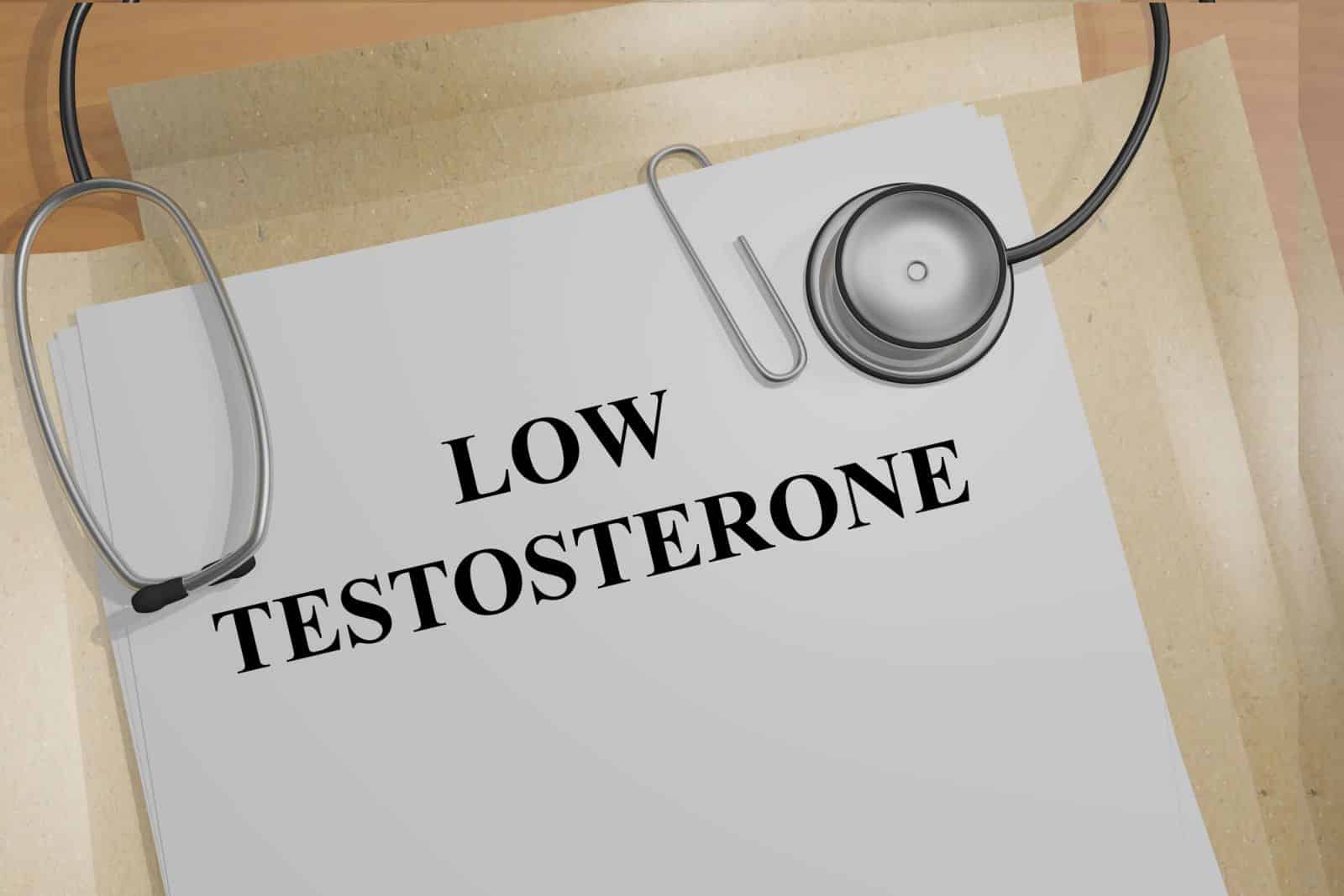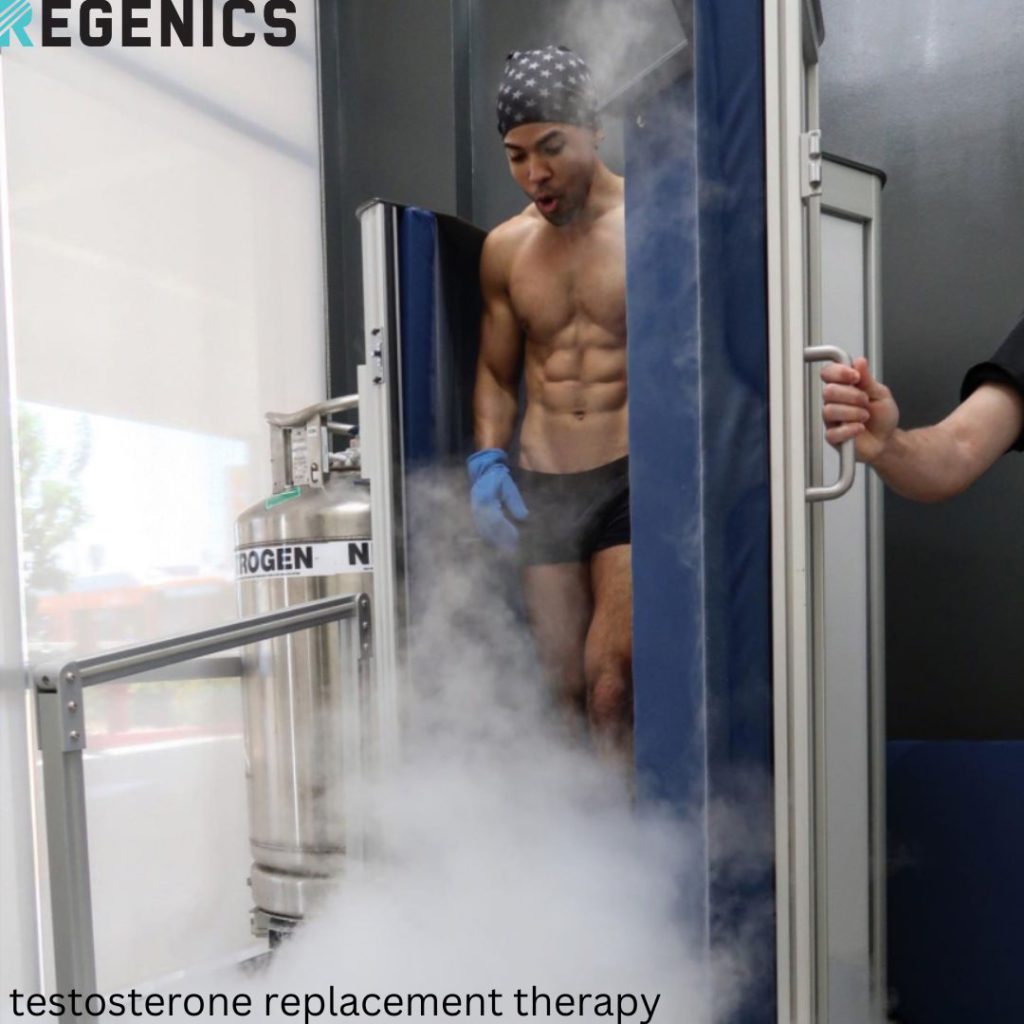
Is Testosterone Replacement Therapy Right for You?
If you want to maintain your youth and vitality, testosterone therapy might be the right solution for you. This treatment uses testosterone undecanoate (Aveed), a drug that is administered through a deep intramuscular injection once every ten weeks. If you have low levels of testosterone, you might wish to discuss this with your doctor. lets read more if Testosterone Replacement Therapy is Right for you or not!
Subtle Symptoms of Low Testosterone
Low testosterone can cause a variety of symptoms, from reduced energy to diminished sex drive. Symptoms are subtle and often hard to detect, so it’s important to get checked by a doctor. Men can also seek support groups and hormone therapy clinics. They will perform an examination and may order additional testing.

Low testosterone can also cause loss of muscle mass, which can make everyday tasks more difficult. Some men also experience extreme tiredness throughout the day. Considering that testosterone plays a crucial role in maintaining strong bones, losing muscle mass or strength can be a warning sign of low testosterone. The doctor can run a bone density test to determine your bone density and provide the right treatment.
If you’re worried about your libido, a quick ADAM test may be the answer. The test will ask a series of questions to determine whether you have low T. Common questions include decreased libido, fewer erections, fatigue, decreased strength, loss of height, and loss of joy. Additionally, symptoms of low T may include impaired immune function and impaired work and sports performance.
What happens to testosterone levels with age?
As you get older, the level of testosterone in your body decreases. This can lead to a variety of problems. Low levels of testosterone can make you feel weak, tired, or depressed. Moreover, they can affect your sex drive. In men, testosterone is necessary for sperm production. In order to have a strong sex life, you must have plenty of testosterone. If you have low levels of testosterone, it is important to seek medical attention.
A gradual decline in testosterone levels is common for men after the age of 30. This gradual decline is often accompanied by a drop in sex drive. However, men should not assume that the decrease is the main cause for their diminished interest in sex. In fact, it may be due to other medical issues.
While aging is a normal process, if you are experiencing symptoms of low testosterone, treatment may be necessary. In some cases, doctors can use gonadotropin injections to signal the body to produce more testosterone. These injections may also improve sperm count. Another option is implantable testosterone pellets, which are placed under the skin of the buttocks. These pellets gradually release testosterone over a period of three to four months. Some men also use nasal gels to help boost testosterone levels.
Can testosterone therapy promote youth & vitality
Many people are wondering if testosterone therapy can restore youth and vitality. However, there are no definitive studies that show that testosterone therapy can rejuvenate sexual function or restore youthful fitness. It has also not been proven to prevent heart disease or prostate cancer, nor is it an effective treatment for erectile dysfunction. And it might not even work for you if you already have poor libido. In fact, some studies have found that the benefits of testosterone therapy diminish within six weeks to a year after starting treatment.
The FDA recently issued a warning about testosterone replacement therapy, warning that it could significantly increase the risk of heart attack or stroke. Doctors should instead look for underlying causes of declining testosterone levels, including a sedentary lifestyle or overweight. Additionally, they should look for signs of sexual dysfunction before recommending testosterone replacement.
One of the biggest concerns about testosterone therapy is the lack of long-term clinical trials. However, the National Institute on Aging has sponsored the Testosterone Trial, a study involving 800 men aged 65 and older. The trial will determine if the testosterone gel treatment improves walking, sexual function, and energy levels. It will also track other variables, such as blood counts and cardiovascular risk.
Should you talk to your doctor about testosterone
One of the first steps in seeking treatment for low testosterone is to talk to your doctor about your symptoms. You should be honest and forthright when visiting a specialist. Your doctor will want to ensure your treatment is safe and effective. A blood test can help you determine if you have low testosterone and whether or not you should seek treatment.
However, there are a number of risks associated with testosterone therapy. This therapy can affect your blood chemistry and may increase your risk of developing a blood clot. These clots can travel through the bloodstream and lodge in your lungs. It can also increase your risk of heart disease. Further, some doctors are concerned that testosterone therapy may stimulate prostate cancer cells.
If your doctor prescribes testosterone replacement therapy, it is important to discuss any side effects you may experience. These can be unpleasant. Some of the symptoms include a smaller testicle, loss of muscle mass, decreased energy, difficulty concentrating, depression, hot flashes, and interrupted sleep. Your doctor may also suggest lifestyle changes that will help you recover and improve your health.
Benefits of Testosterone Therapy
Testosterone replacement therapy has many benefits, including improved libido, increased energy levels, and improved sexual performance. It also improves muscle mass, as testosterone is a vital hormone for muscle protein synthesis. Another benefit is weight loss, as testosterone replacement can help reduce stubborn belly fat and reduce the risk of obesity.
Testosterone is also essential for red blood cell production and a healthy heart. In fact, a study conducted by the US Department of Veterans Affairs found that men with testosterone levels at normal levels were 36% less likely to suffer a heart attack or stroke than men with low testosterone levels. Additionally, testosterone therapy is effective in reducing body fat, increasing muscle size, strength, and endurance. It is best used in conjunction with a regular exercise regimen to provide maximum benefits.
TRT is a long-term treatment, and it may take several months before you see full results. However, it is important to note that the benefits of testosterone replacement therapy may begin sooner than you think. In some cases, you may see results within a few weeks of starting treatment. But, since every man’s body is different, there is no exact time frame. Therefore, consult your doctor for specific information.
Risks of Testosterone Therapy
There are several potential risks associated with testosterone replacement therapy. One of these risks is an increased risk of blood clots in the veins, a condition known as venous thromboembolism. Another risk is polycythemia, a disease that affects the production of red blood cells. Because of these risks, the FDA requires that testosterone replacement therapy be accompanied by warning labels.
A physical exam is recommended for men who undergo TRT. These tests can reveal any side effects or other symptoms that require immediate medical attention. Some serious side effects include difficulty breathing or shortness of breath, or weakness on one side of the body. Various studies have also revealed that testosterone can increase the size of the prostate.
Another side effect of testosterone replacement therapy is a heart attack. Although the drug companies market this treatment to men with Low T, many physicians are skeptical about its long-term effects. Some doctors believe that more research is needed to establish a definitive standard for a normal testosterone level. In addition to this, doctors also feel that the risks may outweigh the benefits for healthy men.
Some of the risks associated with testosterone replacement therapy are associated with the use of synthetic hormones. These hormones do not match the chemical makeup of the hormones produced by the body, which is why they typically have more side effects. In addition, it is important to understand the hormonal history of the patient. A man’s testosterone level peaks during puberty and drops steadily after age 30. This lack of testosterone is associated with a number of health problems in older men, including increased risk of osteoporosis, loss of muscle mass, and psychological symptoms.
Should men take testosterone after a certain age?
There are many different reasons for low testosterone in men. Some of these are psychological and physical, including weight gain, decreased muscle mass, and diminished bone density. Others may be due to changes in the blood vessels. Some men develop hypogonadism as they reach a certain age, and testosterone therapy can help them deal with these issues.
Men should discuss TRT with their doctors to see if it is the right choice for them. While it is generally recommended for older men, younger men may benefit as well. TRT can help increase confidence, sex drive, and bone density. However, there are risks involved with this type of treatment.
In order to determine if testosterone replacement therapy is the right choice for a man, he should be examined for symptoms and other conditions. A physician should be able to provide a thorough assessment of the risks and benefits of testosterone replacement therapy for older men. For example, a man may have a heart problem or a cognitive problem without the need for testosterone therapy, but this should not deter him from pursuing treatment.
Because of the lack of long-term studies, doctors should proceed cautiously with testosterone replacement therapy for older men. There are some limitations, but they are minimal in comparison to the potential benefits. Although testosterone replacement therapy may be beneficial in some cases, it is not always effective in reducing prostate cancer risk. It is important to note that testosterone replacement therapy is not an absolute cure-all, and the best treatment for prostate cancer remains to be tested on a large number of men.